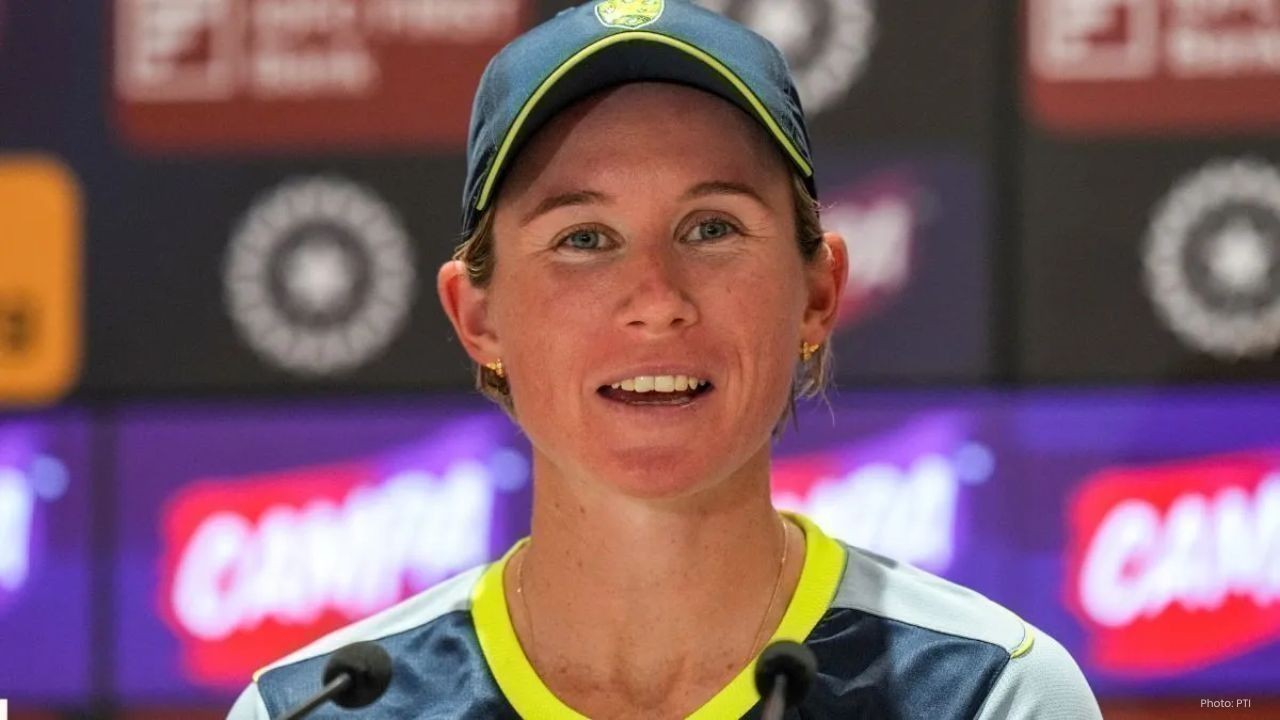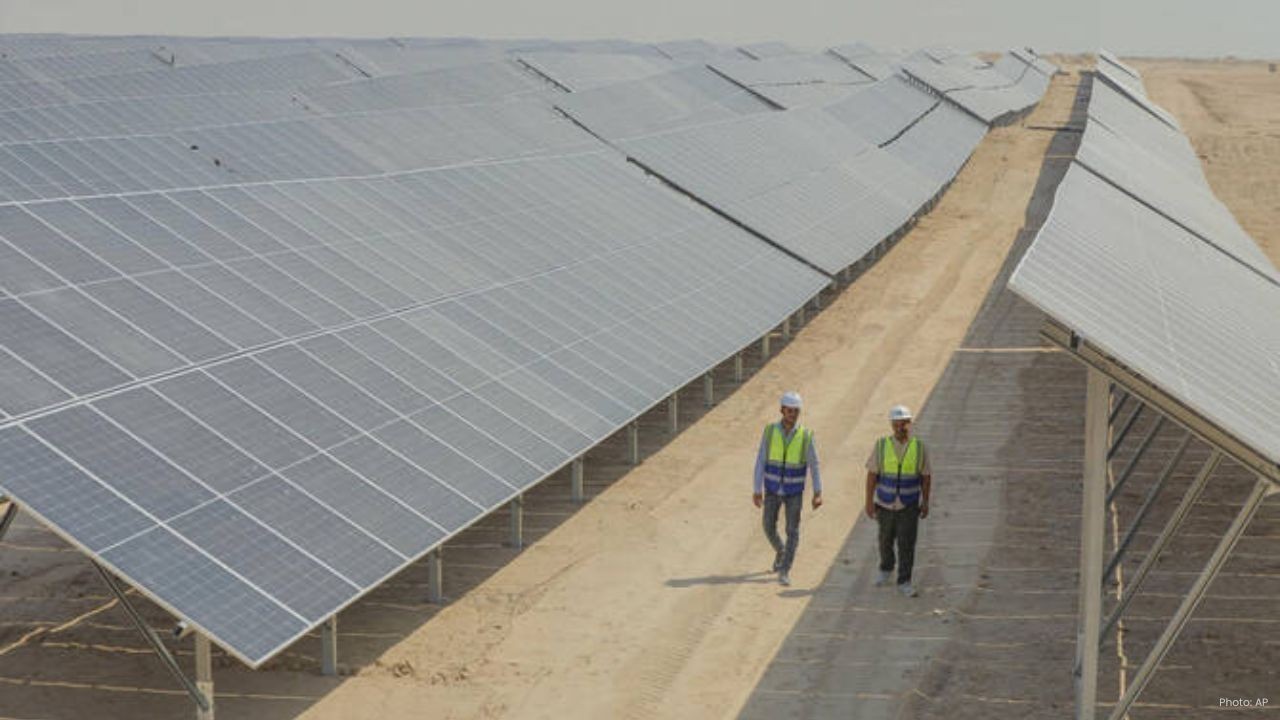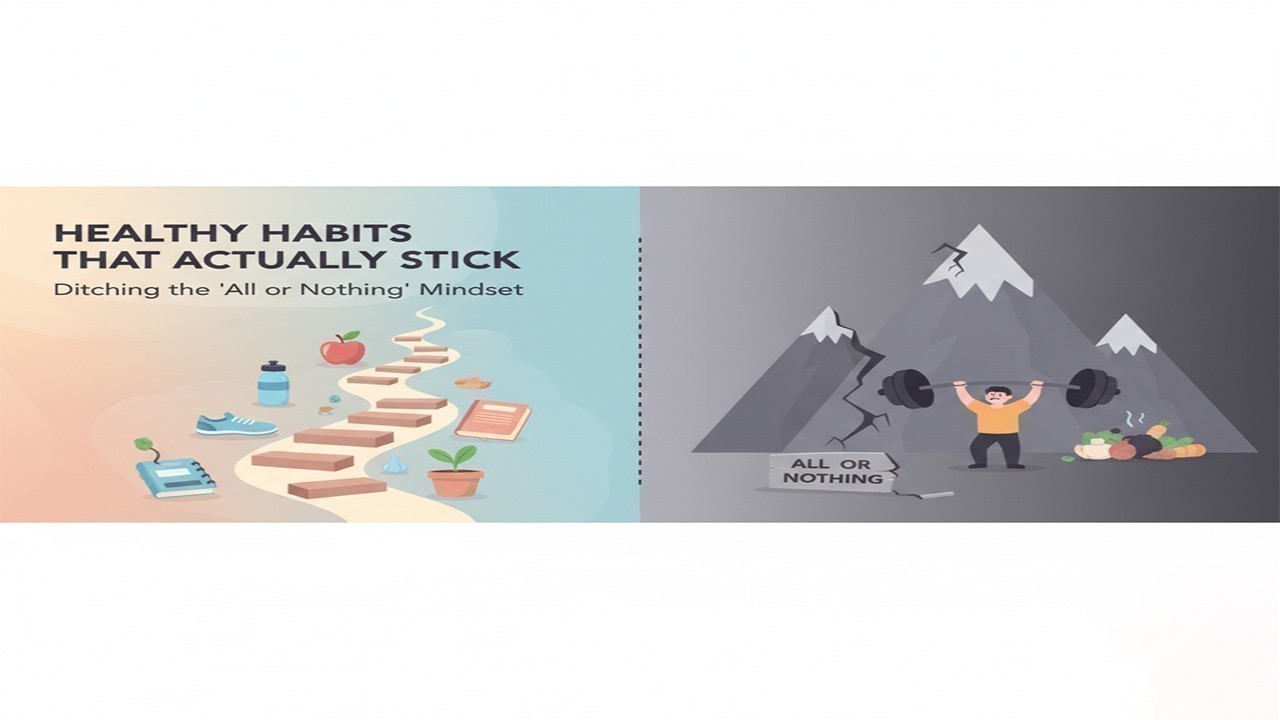
Post by : Soumya Jit
Managing your personal finances can feel overwhelming, especially if you’ve never kept track of your income, expenses, or savings. However, financial organization is essential for building security, avoiding debt, and achieving your life goals.
With the right approach, even beginners can take control of their money, reduce stress, and plan for the future. This guide walks you step by step through everything you need to organize your finances from scratch.
The first step to financial organization is knowing where you stand. This involves:
Listing all sources of income (salary, freelance work, investments, etc.).
Tracking monthly expenses including rent, utilities, groceries, subscriptions, and discretionary spending.
Calculating your net worth: subtract total debts from total assets.
By getting a clear picture, you’ll know how much you earn, spend, and owe, which is the foundation for making effective financial decisions.
Without goals, money management can feel aimless. Decide what you want to achieve:
Short-term goals: Pay off credit card debt, save for a vacation, or build an emergency fund.
Medium-term goals: Buy a car, invest in courses, or save for a home down payment.
Long-term goals: Retirement planning, buying property, or building wealth.
Make goals specific, measurable, and realistic, and write them down to track progress.
A budget is your financial roadmap. It helps you control spending and save effectively.
Steps to create a simple budget:
List all monthly income.
Categorize expenses: needs (rent, bills), wants (entertainment), and savings/investments.
Allocate a percentage of income to each category (e.g., 50% needs, 30% wants, 20% savings).
Track spending every month and adjust as needed.
Tools like spreadsheets or apps can make budgeting easier for beginners.
An emergency fund is money set aside for unexpected events, such as medical emergencies or sudden job loss.
Aim for 3–6 months’ worth of essential expenses.
Keep the fund in a high-interest savings account for easy access.
Avoid touching this money for non-emergency purchases.
Having an emergency fund gives peace of mind and prevents financial stress.
If you have credit card debt, loans, or unpaid bills, make a plan to reduce it.
Strategies include:
Debt snowball: Pay off the smallest debts first to gain momentum.
Debt avalanche: Pay off debts with the highest interest rates first to save money.
Consolidate debts if possible to lower interest rates and simplify payments.
Reducing debt frees up cash for savings and investments.
Even small, unnoticed expenses can add up. Start tracking every rupee or dollar you spend.
Use expense tracking apps or a simple notebook.
Categorize each expense to identify patterns.
Review weekly to see where you can cut unnecessary spending.
Tracking ensures your budget is realistic and helps you make better decisions.
Automation reduces the risk of missed payments and helps with consistent saving:
Set up automatic transfers to savings accounts each month.
Enable automatic bill payments for utilities, subscriptions, and loans.
Use apps that round up purchases and invest the spare change.
Automation ensures discipline without constant effort.
Once your budget and emergency fund are in place, start investing to grow wealth:
Mutual funds and index funds for steady returns.
Stocks for higher potential growth (requires research).
Retirement accounts or government schemes for long-term security.
Even small, consistent investments compound over time to create significant wealth.
Proper organization requires maintaining clear records:
Keep receipts, bank statements, and tax documents in one place.
Use folders or digital apps to organize by category or month.
This helps during tax filing, loan applications, or audits.
Good record-keeping reduces stress and ensures you always know your financial status.
Financial literacy is key to long-term money management:
Read books, blogs, or follow trusted financial advisors.
Learn about budgeting, investing, taxes, insurance, and credit scores.
Stay updated with market trends and personal finance strategies.
Knowledge empowers you to make informed, confident decisions.
Your finances are not static. Periodically:
Review your budget, spending, savings, and investment performance.
Adjust based on income changes, new goals, or unexpected expenses.
Celebrate progress and milestones to stay motivated.
Regular review ensures your finances stay aligned with your goals.
Discipline is the backbone of financial organization:
Avoid impulse purchases.
Stick to your budget.
Prioritize needs over wants.
Save and invest consistently, even if in small amounts.
Discipline ensures long-term financial security and prevents debt accumulation.
Q1: Can I organize my finances if I’ve never done it before?
Absolutely. Start small—track expenses, set goals, and create a simple budget. Gradually, it becomes a habit.
Q2: How much should I save each month?
A good rule is 20% of income, but adjust based on your expenses and financial goals.
Q3: Should I pay off debt first or save?
Focus on high-interest debt first, but maintain a small emergency fund to avoid financial risk.
Q4: Can I start investing with a small amount?
Yes. Even small investments in mutual funds or stocks grow over time due to compounding.
Q5: How often should I review my finances?
Review your budget and savings monthly, and investments every 3–6 months.
Organizing your finances for the first time may seem intimidating, but step-by-step planning makes it manageable. By understanding your income, tracking expenses, budgeting, saving, reducing debt, and investing wisely, you can take control of your money, reduce stress, and secure your financial future.
Remember, financial organization is a habit, not a one-time task. Start today, stay consistent, and watch your money work for you.

The Rise and Fall Show India A Reality Entertainment Revolution
The Rise and Fall Show India brings a fresh wave in reality TV blending drama strategy and inspir

Timbaland to Headline One-Night-Only Dubai Arena Show
Legendary producer Timbaland performs Nov 28 at Dubai’s Coca-Cola Arena, featuring hits, his son Dem

British Couple Freed After 8 Months in Taliban Captivity
Barbie and Peter Reynolds reunited with family in Doha after 8 months in Taliban captivity, highligh

Beth Mooney Blasts Record ODI Century, India Reeling
Beth Mooney scores 138 off 75, equaling second-fastest ODI ton. Australia crush India, conceding mos

Rutgers Football 2025 Key Moments Challenges & Future Outlook
Explore Rutgers Football 2025 season highlights recruiting updates key challenges and what s next

Algeria-Mali Drone Dispute Sparks Regional Tensions
Mali accuses Algeria of downing its drone; Algiers denies, citing airspace violation. Diplomatic tie

Iraq Launches First Industrial-Scale Solar Plant in Karbala
Iraq opens its first large solar plant in Karbala, aiming to ease chronic power shortages and boost

The Rise and Fall Show India A Reality Entertainment Revolution
The Rise and Fall Show India brings a fresh wave in reality TV blending drama strategy and inspir

Rutgers Football 2025 Key Moments Challenges & Future Outlook
Explore Rutgers Football 2025 season highlights recruiting updates key challenges and what s next

H1B Visa 2025 Trump s New Rules $100K Fee & Gold Card Visa Explained
Trump s 2025 H1B visa rules bring a $100K fee stricter entry limits and a new Gold Card visa Find

The Smart Guide to Choosing the Right Protein Supplement for Your Diet
Learn how to choose the right protein supplement for your diet Discover types benefits and tips f

Street Art & Urban Culture How Murals Tell Stories Worldwide
Explore street art worldwide Discover murals that tell stories inspire communities and shape urba

The Revival of Vinyl Records Why Old School Music is Making a Comeback
Discover why vinyl records are making a comeback offering rich sound nostalgia and a real music e

Healthy Habits That Actually Stick Ditch the All or Nothing Mindset Today
Build healthy habits that last by ditching the all or nothing mindset Focus on small steps consist

10 Bridal Lehenga Designs to Set Wedding Fashion Trends in 2025
Explore 10 stunning bridal lehenga designs of 2025 from pastels to metallics perfect to set weddin